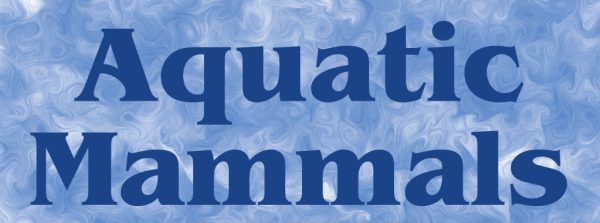Abstract: Baleen whales have among the lowest reproductive rates in the animal kingdom, coupled with high energetic demands on lactating mothers to support the rapid growth of their offspring. Because each offspring represents a large portion of a female’s reproductive effort, strong selection pressure should be in place to minimize the potential for misplaced parental effort. However, we describe a case in which two North Atlantic right whale (Eubalaena glacialis) offspring were switched between mothers and remained with their “adopted” mothers throughout their first year of life (until they were weaned). The most reasonable explanation is that this swap was an accident caused by the females calving in close spatial and temporal proximity. The calves likely associated with the wrong mothers before any mother-offspring recognition system had developed, and an association then formed between these non-biological mother-offspring pairs. These data raise intriguing questions regarding how often this may occur in other wildlife populations, what mechanisms are used for mother-offspring recognition in whales, and how long it takes for this recognition to develop.
Key Words: adoption, North Atlantic right whale, Eubalaena glacialis, mother-offspring recognition, parental care
Document Type: Research article
DOI: 10.1578/AM.36.2.2010.115
Page Numbers: 115-120

